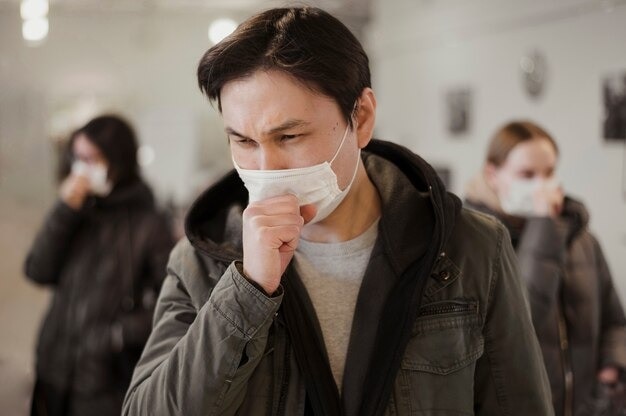Both Mpox (formerly known as monkeypox) and COVID-19 are viral diseases, but they differ significantly in terms of transmission, symptoms and public health impact.
Mpox and Covid-19 are two different viruses that can adversely affect the overall health of people. There is a significant rise in mpox cases in several states in India. Mpox, also known as monkeypox, is a severe infection caused by the monkeypox virus. It generally originates in the African rainforest, particularly in the central and western regions. Mpox usually spreads through close contact with someone who has been infected with this virus, be it humans or animals. It is a DNA virus with a double-stranded genome. This makes the mpox virus more stable and less likely to change quickly compared to RNA viruses like Covid-19. This means that this virus mutates slowly and gradually, resulting in fewer changes in its strain.
On the other hand, COVID-19 is caused by a virus called SARS-CoV-2. This virus belongs to the coronavirus family. It is an RNA virus, which means it has a single-stranded genome that is more prone to mutation. This has become the main reason why COVID-19 has become a global pandemic that has led to lockdowns in India and across the world.
Symptoms
According to Dr Manjusha Agarwal, Senior Consultant, Internal Medicine, Gleneagles Hospitals Parel Mumbai, “MPOX symptoms start appearing 2-10 days after being exposed to the virus. These symptoms usually last for 2-4 weeks. They may include symptoms like headache, muscle aches, back pain, lack of energy, rashes, swollen glands, sore throat, fever, blisters, lesions, chills and exhaustion.”
He added that “COVID-19 symptoms can vary from person to person. Typically, symptoms may include fever or chills, cough, shortness of breath, sore throat, nasal congestion or runny nose, loss of taste or smell, fatigue, muscle or body aches, headache, and sore throat. In severe cases, these symptoms may last for more than 2-4 weeks, which can negatively affect a person’s overall health. During the early stage, some people may not experience any symptoms, making early detection difficult.”
Prevention
People who are diagnosed with mpox may opt for vaccines that are used to prevent smallpox. They are even recommended for those who are at higher risk of contracting this infectious virus. Maintaining a safe distance and limiting exposure to people or animals infected with mpox may be helpful, as mpox spreads through close contact. Good hygiene practices, such as frequent handwashing with soap and water, may be helpful. Isolation may be an optimal option once mpox virus is detected to prevent the spread of this virus to others.
COVID-19 vaccines are widely available in hospitals to effectively combat this virus. People are advised to wear masks in crowded areas such as trains, buses, markets, and malls to ensure their safety. Social distancing in public places and indoor spaces can help successfully prevent the COVID-19 virus. Make sure to ventilate windows or use an air purifier at home to circulate the air better.
